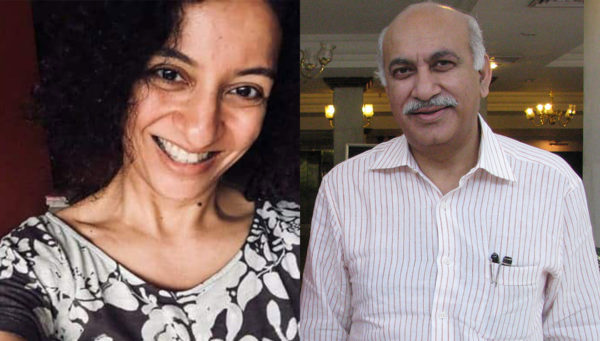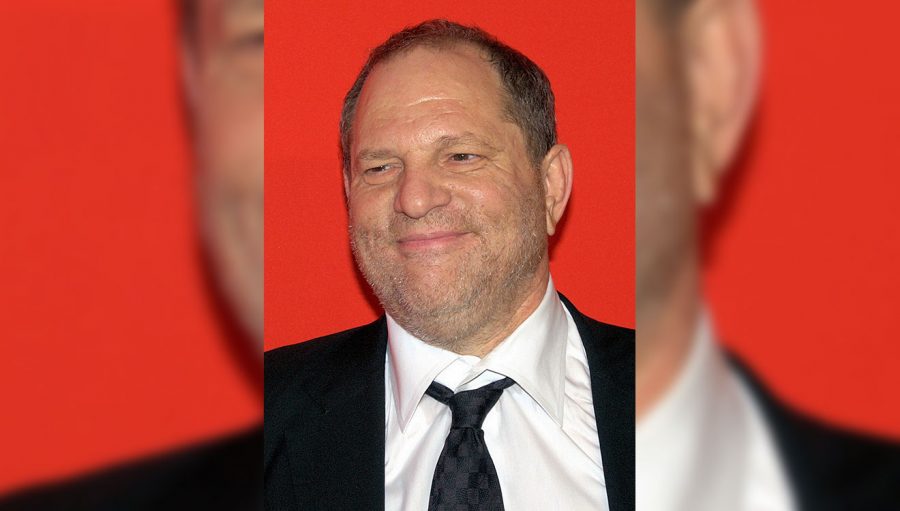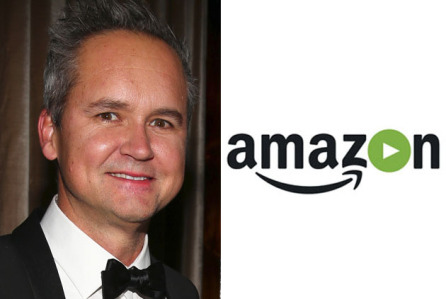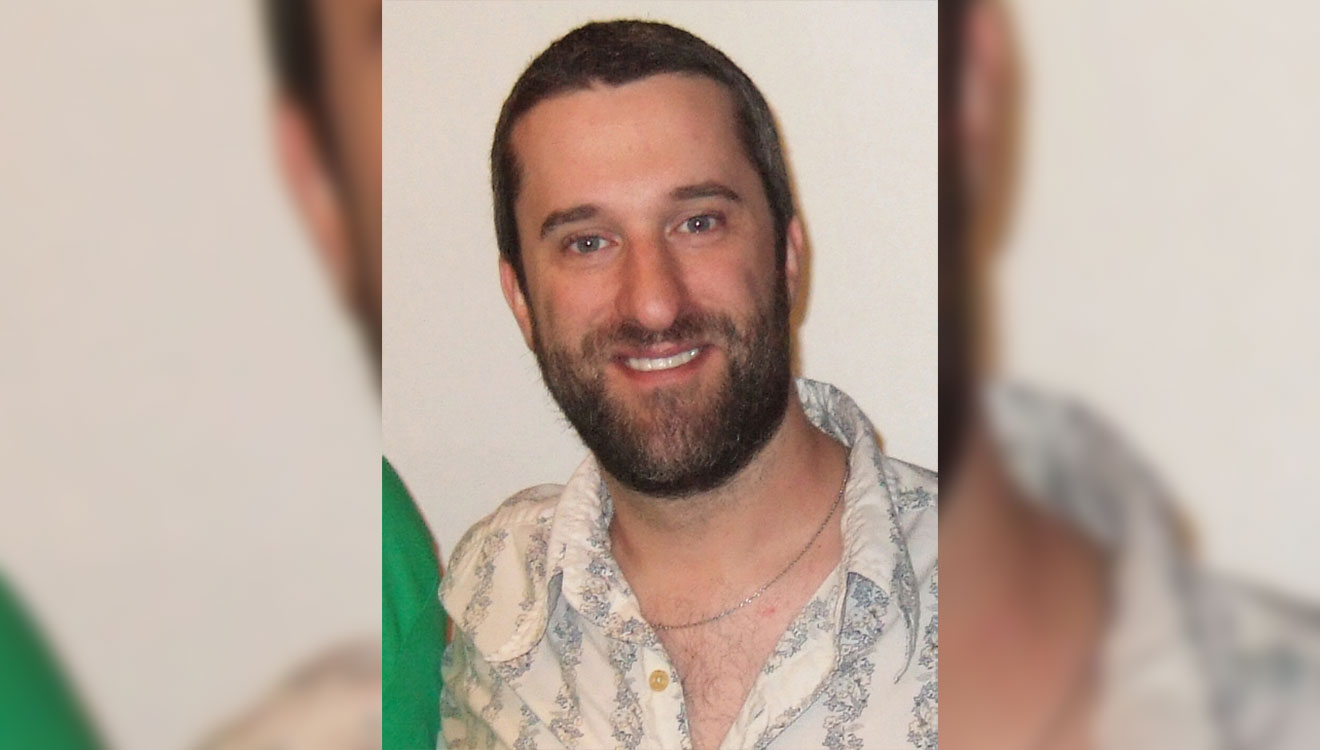Harvey Weinstein, the American film producer serving a 23-year prison sentence in New York state prison, filed an appeal on Monday on his conviction of rape and other sex crimes claiming that he did not receive a fair trial, CNBC reported.
Since October 2017, more than 80 women have accused Weinstein of sexual misconduct, following which he was dismissed from Miramax, the production company he had co-founded with his brother Bob Weinstein, and expelled from the Academy of Motion Picture Arts and Science.
Weinstein’s conviction was a shot in the arm for the #MeToo social media campaign that witnessed women across the globe coming out with allegations of sexual misconduct and assault at the workplace against powerful men.
After nearly two years of allegations of serial sexual harassments, in February 2020, Weinstein was convicted of rape and other sex crimes.
Recommended
Following a trial in the Manhattan Supreme Court, Weinstein was sentenced to 23 years of imprisonment for mainly two cases- for committing a first-degree criminal sexual act when he forcibly performed oral sex on production assistant Mimi Haleyi in 2006, and the other for committing third-degree rape where he attacked aspiring actor Jessica Mann in a Manhattan hotel room in 2013.
During the trial, a testimony was also heard from actor Annabella Sciorra, who said that Weinstein had raped her in her Manhattan apartment in 1993 but Weinstein was not convicted of it. But, her testimony was allowed by the judge letting the prosecutors show a pattern of predatory behaviour by Weinstein through the years along with that of five other women’s.
Weinstein also has a pending case filed against him by the Los Angeles district attorney’s office in January 2020 where he has been accused of raping a woman and sexually harassing another woman for two days in 2013.
Weinstein’s lawyer filed a 166-page brief pointing out several “serious mistakes” made during the trial and added that a fair trial might result in a “reversal of conviction”. They also argued that at the age of 69, with multiple health problems, the sentence was “harsh and excessive” and claimed that Weinstein was denied his right to trial by Justice James Burke was impartial.

Right: MJ Akbar (Photo Source: Mubasshir Mushtaq)
License: CC-BY-SA-3.0
In the wake of the #MeToo movement, among the many women who came out was a senior journalist Priya Ramani who had written an article for Vogue dated October 12, 2017, titled “To the Harvey Weinsteins of the World,” addressed to “Dear Male Boss”. At that time, the identity of the “boss” was kept anonymous. Later, in 2018, she named former Indian union minister MJ Akbar as the “boss” who was the editor who had harassed her. She said the incident occurred during an interview with Akbar at a hotel room in Mumbai in 1993. Ramani said that she had decided to name him publicly after several women accused Akbar of sexual harassment. Soon after he filed a defamation case against Ramani, which she was finally acquitted of in February. But, merely 10 days ago, Akbar has again moved the Delhi High Court to challenge Ramani’s acquittal.



